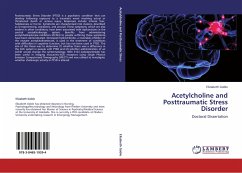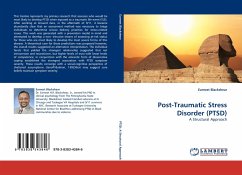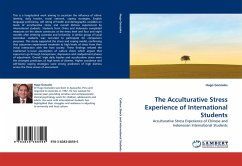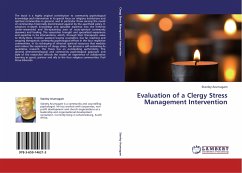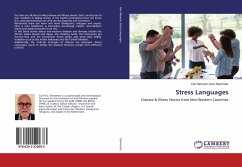Posttraumatic Stress Disorder (PTSD) is a psychiatric condition that can develop following exposure to a traumatic event involving actual or threatened death or serious injury. Responses include intense fear, helplessness or horror. Symptoms are characterised into clusters, described as re-experiencing, avoidance, and arousal. These symptoms, which are also evident in other conditions, have been associated with dysfunctions in the central acetylcholinergic system. Benefits from administering acetylcholinesterase inhibitors (AChEI) to people suffering these symptoms have been demonstrated. Donepezil hydrochloride, a reversible inhibitor of the enzyme acetylcholinesterase, is used in the treatment of conditions with difficulties in cognitive function, but has not been used in PTSD. The aim of this thesis was to determine (1) whether there was a difference in the ACh system in people with PTSD and (2) whether administration of an AChEI would change the symtomatology. IDEX (I123 iododexetimide) has been useful in imaging muscarinic-ACh receptors using Single Photon Emission Computerised Tomography (SPECT) and was utilised to investigate whether cholinergic activity in PTSD is altered.
Bitte wählen Sie Ihr Anliegen aus.
Rechnungen
Retourenschein anfordern
Bestellstatus
Storno

